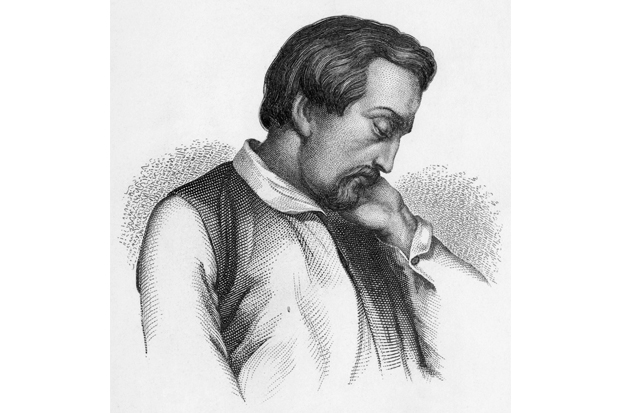The still night is shattered by the sound of crackling; the darkness consumed by the blaze of light emanating from the pyre of burning books. Banned Jewish books incinerated in city after German city.
Over a hundred years before these events the German Jewish poet Heinrich Heine wrote: ‘Where they burn books, they will also ultimately burn people’.
And that is exactly what happened.
Where did we see the greatest dangers to the Jewish people? In Spain during the Inquisition, in Nazi Germany, in Tsarist Russian and in the Soviet Union. And where is racism and anti-Semitism weakest: in countries like England since the nineteenth century, in Holland, the United States and Australia. So what conclusion can we draw? Racial hatred thrives in the dark conspiratorial recess of authoritarian regimes.
Freedom of thought was ushered into our world with the Gutenberg Press. People could now read the Bible themselves and did not have to rely on their priests’ fire and brimstone interpretations of the Gospels. This was followed by the advent of empirical thinking challenging religious absolutes by explaining and predicting natural activity.
Galileo challenged the Church’s dogma to give rise to physics, Spinoza challenged the anthropomorphic interpretation of the Jewish deity and was excommunicated and Darwin heretically contradicted the Biblical version of the origin of species. Each paid a heavy price for their views.
The discoveries and inventions that have produced our current standard of living arose from the freedom to challenge conventional thinking. Today we talk about disruptive technologies; a term which implies that change for the better involves pain and risk.
Which brings us to section 18C of the Racial Discrimination Act and the words: ‘offend or insult’. As we are aware some people are prone to being offended. Thus the Danish cartoons led to death threats and murder; a fatwa was issued ordering Muslims to kill Salman Rushdie, forcing him into hiding for a good part of his life. We all claimed ‘Je suis Charlie’ after the Charlie Hebdo staff were murdered but much of their work would fall foul of section 18C were it published in Australia.
So should a sociologist, social commentator, comedian or cartoonist be free to express bold ideas which challenge us without fear of litigation? Should we be free to criticise communities that accept behaviour inimical to our values such a paedophiliac marriages, misogyny and contempt for the wider community – or must we be silenced by the law?
And why would the Jewish community, which is generally at the forefront of liberal values, be supporting this illiberal legislation? We have to stop thinking that we are in a shtetl in Moravia expecting any minute for a hoard of Cossacks on horseback to descend from the horizon.
There will always be bigots and anti-Semites. Fortunately we have sufficient tools to challenge our detractors, not by stifling and silencing them through legislation but by winning arguments in the court of public opinion.
As for anti-Semitism and section 18C, it is an impotent tool. Today’s anti-Semites don’t attack Jews directly, but by association. Israel is a fascist, apartheid regime, which crucifies Palestinian children in prisons; sends doctors to natural disaster zones to harvest body parts, Israel’s greatest export and steals Palestinian land.
And anyone who supports this Nazi regime is a collaborator.
None of this falls foul of section 18C.
We have to rid ourselves of this interference with our civil liberties before our national anthem becomes:
Australian all let us rejoice
For we are young and free
(that is, until someone
feels offended or insulted by us)
The post Offendo-phobes unite appeared first on The Spectator.
Got something to add? Join the discussion and comment below.
Get 10 issues for just $10
Subscribe to The Spectator Australia today for the next 10 magazine issues, plus full online access, for just $10.
You might disagree with half of it, but you’ll enjoy reading all of it. Try your first month for free, then just $2 a week for the remainder of your first year.














Comments
Don't miss out
Join the conversation with other Spectator Australia readers. Subscribe to leave a comment.
SUBSCRIBEAlready a subscriber? Log in